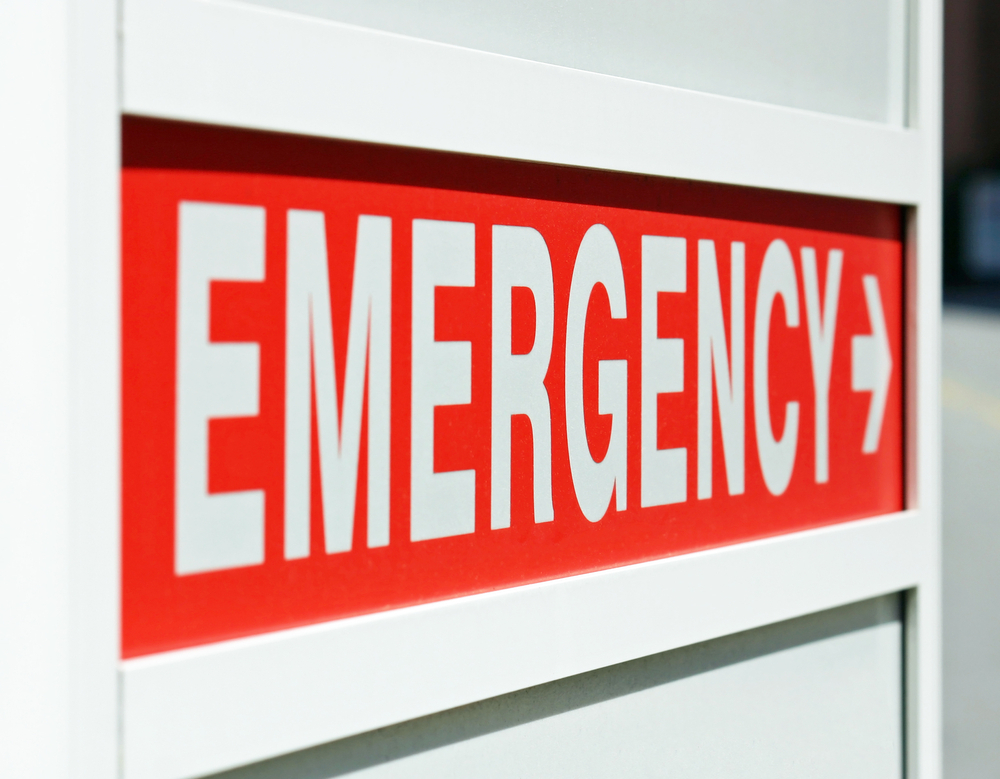Medical mistakes are the third leading cause of death in the United States and are responsible for about 250,000 deaths every year. These errors can occur in any medical setting, including emergency rooms.
Emergency room doctors work under intense pressure every day. They’re required to make life and death decisions for patients who are extremely sick or who have undergone serious trauma. However, this doesn’t mean that medical mistakes in the emergency room are acceptable. Patients in the ER deserve the same appropriate standard of care as any other patient. When emergency room doctors deviate from this standard of care, injured patients in New York may have a right to receive compensation for their injuries and should speak with a medical malpractice attorney in New York like Jonathan C. Reiter, who handles emergency room medical errors.
5 Types of Emergency Room Medical Mistakes
Here are five of the most common ER mistakes that patients experience.
Misdiagnosis
An incorrect diagnosis or a missed diagnosis can put a patient in serious jeopardy. Emergency room doctors are typically the first physicians to examine someone who is experiencing a major health crisis. The decisions an ER doctor makes can sometimes mean the difference between a full recovery and a cascade of severe health complications. If an ER doctor fails to identify a life-threatening problem, a patient can suffer long-term consequences or death. Emergency department physicians have the duty to first determine that a patient does or does not have a condition that can cause death or severe disability within a short time, such as a heart attack, stroke, pulmonary embolism or dissecting aorta. The failure to recognize and promptly treat one of these potentially catastrophic illnesses can be fatal to the patient.
Medication Errors
Emergency room teams work under pressure, and they must often race against the clock to treat a patient. This pace can lead to serious mistakes when it comes to drug dosages and the type of drug administered.
Many different drugs have similar names but are used to treat entirely different conditions. If doctors or nurses get in a hurry and fail to double check the type of drug or the dosage, they can cause serious complications for a patient. As the Department of Health and Human Services notes, “the combination of handwritten prescriptions with look-alike drug names is particularly risky.” This is why it’s important for everyone on the medical team to pay close attention when medication is involved.
Failure to Supervise
When a patient goes to the emergency room, it’s unlikely he or she will have an opportunity to choose the doctor. This reality is in contrast to other types of health settings, such as a family doctor, dermatologist or cardiologist. When you have a typical, everyday health condition and make a doctor’s appointment, you most likely select a doctor on your own or at the recommendation of your family physician.
In an ER setting, however, you generally end up with a doctor who works for the hospital. In other words, you don’t get to pick. This is why it’s extremely important for hospitals to choose doctors who are experienced and competent. It’s also important for health institutions to properly supervise their doctors and nurses.
Delayed Treatment
Many people have experienced long waits at urgent care centers and hospital emergency rooms. U.S. News reports that average emergency room wait times are about 30 minutes, and that treatment times fall around 90 minutes. This delay in diagnosis often means someone can wait for over an hour to receive treatment.
Wait times might be fine in certain circumstances, such as a non-life threatening situation. For example, someone who needs a few stitches for a slip and fall or a sports injury might be okay waiting a bit. In other cases, however, even a few minutes of delay in treatment can be deadly. This is why it’s important for emergency room doctors to take every patient seriously and to provide prompt treatment. When a patient comes to the Emergency Department, they are triaged by hospital personnel and assigned a level of urgency. A mistake in determining whether the patient needs the most urgent or immediate level of care can have fatal consequences for the patient. A patient complaining of chest pain, for example, must be thoroughly assessed on an urgent basis. While it may turn out that the patient is only suffering from anxiety, it is essential that emergency department physicians make sure that the patient is not having a life-threatening heart attack. Similarly, a patient with a headache and some confusion may be having a stroke that could be treated with the clot buster tPA if it is diagnosed in time. If the physician fails to make the proper diagnosis, the patient may be discharged with some painkillers, and then go on to have a more serious or fatal stroke.
If you believe you have been the victim of an emergency room medical mistake, it’s important to act quickly to protect your rights. Patients in New York should speak to a New York Medical Malpractice lawyer as soon as possible, as the window for filing a medical malpractice claim can be narrow.
Media Contact
Medical Malpractice Lawyer Jonathan C. Reiter
(T): 212-736-0979
https://jcreiter.submitmypressrelease.com/
Sources:
- https://www.sciencedaily.com/releases/2018/07/180728084100.htm
- http://patientcarelink.org/improving-patient-care/healthcare-acquired-infections-hais/
- https://health.usnews.com/health-news/patient-advice/articles/2015/05/08/enduring-really-long-waits-at-the-emergency-room
- https://psnet.ahrq.gov/webmm/case/343/medication-mix-up-from-bad-to-worse
***ATTORNEY ADVERTISING***
Prior results cannot and do not guarantee or predict a similar outcome with respect to any future case. Recoveries always depend upon the facts and circumstances of each case, the injuries suffered, damages incurred, and the responsibility of those involved.







